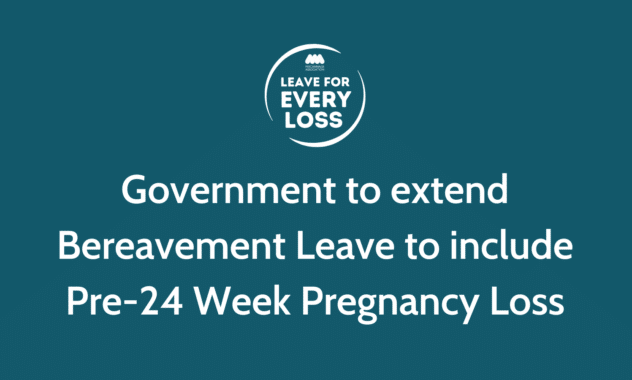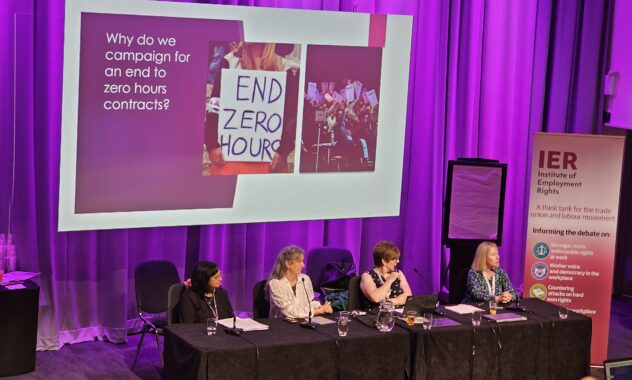TUC: Women are “bearing the brunt” of exploitative zero-hours contracts
New TUC research reveals women are 34% more likely than men to be on exploitative zero-hours contracts.

The TUC has warned that women are bearing the brunt of exploitative zero-hours contracts which are “hindering progress towards gender equality”.
New analysis by the union body reveals that women are nearly a third more likely to be on zero-hours contracts than men.
The analysis also shows that:
- Women are overrepresented in eight of the ten occupations with the highest number of workers on zero-hours contracts
- Women are also more likely than men to be stuck on exploitative zero-hours contracts for longer than one year (69% compared to 64%).
- On average, women on zero-hours contracts earn nearly £10 less an hour compared to men not employed on zero-hours contracts.
The union body says this stark gender divide is partly the result of women tending to be employed in sectors characterised by high levels of insecurity and high prevalence of zero-hours contracts, such as social care and hospitality.
For example, there are nearly twice as many women working as waiters compared to men – a profession where 33% of the workforce is on zero-hours contracts.
And three-quarters of care workers, the occupation with the second highest number of zero-hours contracts, are female.
BME and disabled women among most affected groups
Analysis by the union body shows today that BME women and disabled women are among the groups most affected by exploitative zero-hours contracts:
- BME women are 103% more likely than white men to be on zero-hours contracts.
- Disabled women are 49% more likely than white men to be on zero-hours contracts.
Lack of control and low pay
The union body warns that zero-hours contracts also come with a significant pay penalty.
TUC analysis shows the average zero-hours contract working woman typically earns around £10/hour less (£11.80 an hour) than the average man not employed on a zero-hours contract (£21.20).
But the impact on pay doesn’t stop here.
The TUC says zero-hours contracts give employers complete control over workers’ hours – and therefore pay – meaning workers don’t know how much they will work and earn each week.
The union body argues that this makes it hard for workers to plan their lives, budget and look after their children.
And it makes it harder for workers to challenge unacceptable behaviour by bosses because of concerns about whether they will be penalised by not being allocated hours in future.
The transformational potential of the Employment Rights Bill
The TUC says the Employment Rights Bill – set to soon return to Parliament for Report stage – will play a crucial role in securing gender equality in UK workplaces, as it will:
- Ban exploitative zero-hours contracts – including introducing right to notice of shifts and compensation for shifts cancelled at short notice.
- Secure access to sick pay from day-one.
- Give all workers a day-one right to flexible work.
- Introduce mandatory action plans to close the gender pay gap.
- Introduce fair pay agreements in social care.
About Women’s Conference
300 women trade union activists from across the UK are meeting on 5-7 March for Women Conference at Congress House, London.
Delegates attending the annual event are discussing issues including the rise of the far and populist right and misogyny in workplaces; women’s health at work; and tackling sexual harassment.
Among the many challenges women in work face, this year the Conference is also celebrating the opportunities that the Government’s landmark Employment Rights Bill will bring to working women.
TUC General Secretary Paul Nowak said:
“Everyone deserves security at work. But exploitative working practices – like zero-hours contracts – are holding many people back.
As ever, women workers are bearing the brunt. They are more likely to be concentrated in sectors with endemic levels of insecure work.
The Employment Rights Bill will bring forward common sense reforms to deliver more secure jobs for zero-hours contract workers and help bridge the gap in pay and rights between men and women.
Those defending the broken status quo are opposing access to better jobs for women across the country.”







